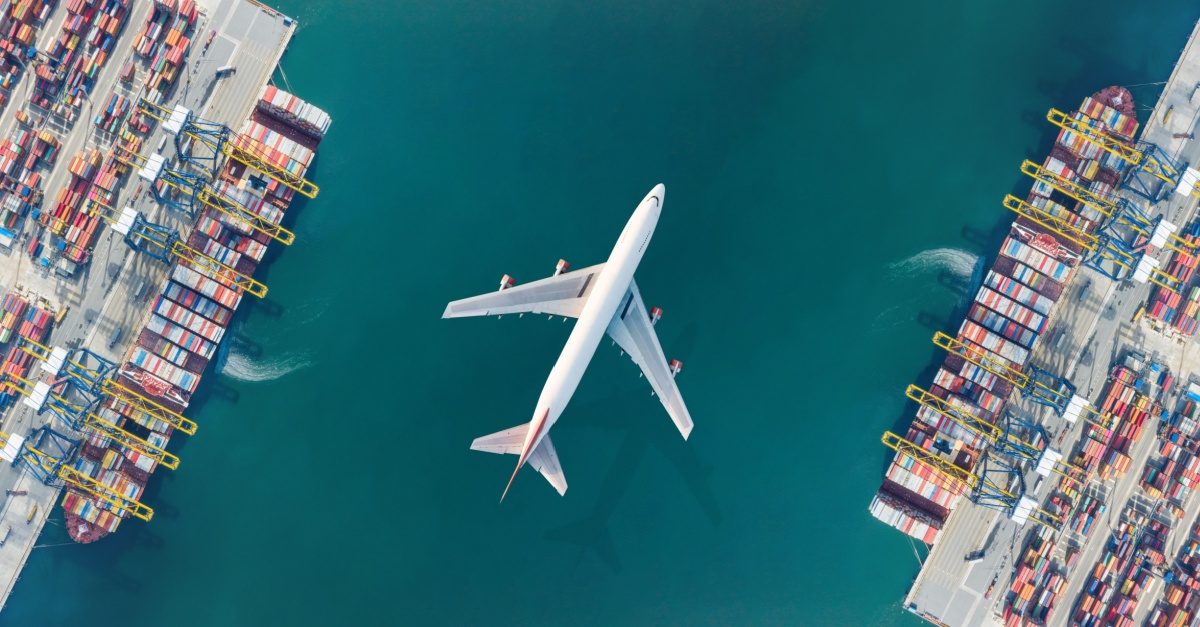
5 Ways Technology Is Streamlining Import-Export Operations
Global trade thrives on efficiency, yet import-export operations often face delays and complexities. The good news is that technology can step in to simplify processes and ensure smoother workflows. In this article, we explore five ways different types of tech are transforming these operations, making them faster, more reliable, and cost-effective.
Automation Simplifies Customs Documentation
Automation helps import-export businesses cut through time-consuming customs paperwork.
Manual processes, which are prone to errors, delay shipments and create bottlenecks. Automated systems replace traditional methods by digitising documentation like invoices and shipping manifests. These tools ensure forms meet legal standards and minimise human error.
By automatically generating accurate documents, these systems enable faster clearance at borders. Companies save time, reduce costs, and avoid compliance issues by relying on automation for customs processes.
Other types of documents that are relevant to import-export operations are also easier to generate when you use technology. For example, by utilising an online estimate template, you can quickly create accurate estimates to impress potential clients and secure jobs. And with a professional online estimate template, you’ll ensure you don’t miss any vital information.
GPS Tracking Enhances Shipment Visibility
GPS tracking technology offers businesses real-time insights into the location of shipments. This eliminates uncertainty, helping companies monitor goods as they move across borders.
Knowing exact positions allows businesses to anticipate delays and adjust schedules accordingly.
With constant updates on routes and progress, this technology helps maintain better communication with customers and stakeholders. It also improves security by reducing risks like theft or loss during transit. By integrating GPS tracking into operations, businesses achieve transparency and improve overall efficiency in managing global supply chains.
Artificial Intelligence Optimises Inventory Management
Artificial intelligence (AI) enhances inventory management by analysing demand patterns and predicting future needs. This ensures businesses maintain optimal stock levels, avoiding overstocking or shortages.
AI-powered tools can process vast amounts of data quickly, identifying trends that manual analysis might miss.
By streamlining reordering processes and forecasting accurately, companies can save both time and resources. In import-export operations, this reduces storage costs and ensures the timely availability of goods, creating a smoother supply chain with fewer disruptions or inefficiencies.
Machine Learning Streamlines Supply Chain Analysis
Machine learning (ML) improves supply chain analysis by identifying patterns and inefficiencies in logistics. It processes data from shipping routes, costs, and delivery times to offer actionable insights.
By predicting delays or optimising transportation methods, ML enables better decision-making for businesses. It also adapts over time, continuously refining recommendations as more data becomes available.
For import-export operations, this means reduced transit times, cost savings, and smoother overall workflows.ML ensures supply chains are efficient and resilient against potential disruptions.
IoT Devices Strengthen Cargo Monitoring Systems
Internet of Things (IoT) devices provide real-time data on cargo conditions during transit. Sensors monitor variables like temperature, humidity, and movement, ensuring goods remain in optimal condition. For perishable or sensitive items, this technology is critical.
Alerts notify businesses of any issues immediately, enabling swift corrective actions.
IoT devices also improve transparency by providing detailed shipment reports for customers and stakeholders. By enhancing visibility and control over shipments, IoT strengthens supply chain reliability and reduces the risk of product losses or damage.

